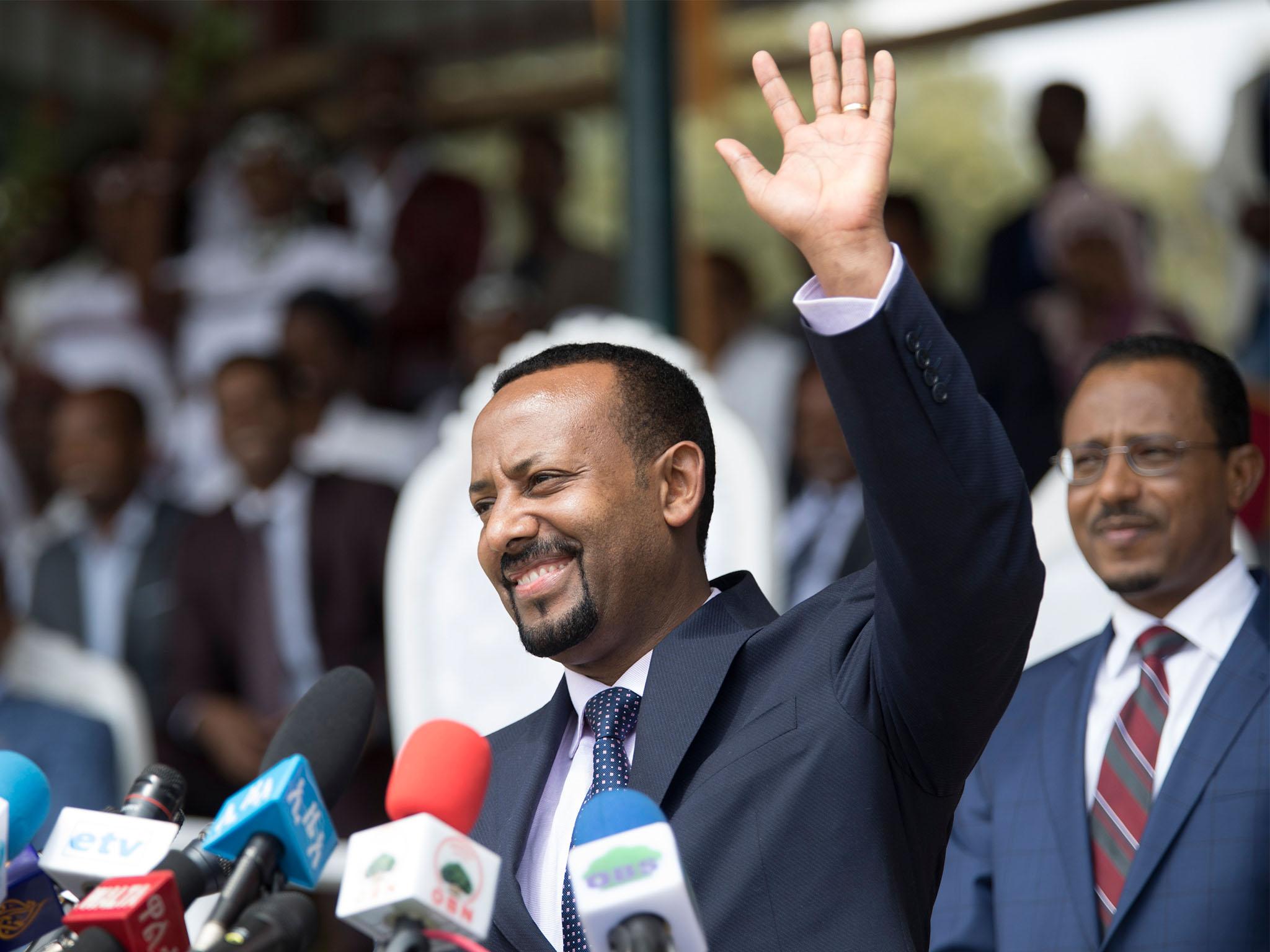Africa's 'longest war' may finally end after Ethiopia says it will accept ruling on border with Eritrea
'We need to expend all our efforts towards peace and reconciliation'

Your support helps us to tell the story
From reproductive rights to climate change to Big Tech, The Independent is on the ground when the story is developing. Whether it's investigating the financials of Elon Musk's pro-Trump PAC or producing our latest documentary, 'The A Word', which shines a light on the American women fighting for reproductive rights, we know how important it is to parse out the facts from the messaging.
At such a critical moment in US history, we need reporters on the ground. Your donation allows us to keep sending journalists to speak to both sides of the story.
The Independent is trusted by Americans across the entire political spectrum. And unlike many other quality news outlets, we choose not to lock Americans out of our reporting and analysis with paywalls. We believe quality journalism should be available to everyone, paid for by those who can afford it.
Your support makes all the difference.The end to Africa's longest war is in sight after Ethiopia said it would abide by an international ruling on its border with Eritrea.
More than 80,000 people have died during the conflict that started twenty years ago over the small town of Badme, which has a population of around 1,600.
Although both sides signed a peace agreement in 2000, Ethiopia refused to withdraw to the border established by a boundary commission based at The Hague in the Netherlands.
The dispute has rumbled on - with sporadic outbreaks of armed hostilities - ever since.
Ethiopia's ruling coalition, the Ethiopian People's Revolutionary Democratic Front, has now said that it would fully implement the peace deal, which would involve ceding the disputed town of Badme.
On Wednesday the country's new prime minister, Abiy Ahmed, said that ending war and expanding economic ties with Eritrea is critical for stability and development in the region.
"All that we have achieved from the situation of the last 20 years is tension," he said in a speech in Addis Ababa.
"Neither Ethiopia nor Eritrea benefit from a stalemate. We need to expend all our efforts towards peace and reconciliation and extricate ourselves from petty conflicts and divisions and focus on eliminating poverty."
Eritrea, which waged a 30-year struggle for independence from Ethiopia before gaining international recognition in 1993, has not yet commented on the development.
It has previously said that restoring ties depended first on Ethiopia pulling its troops from the disputed territory.
"Putting an end to this situation and finding peace is necessary beyond anything else not just for Ethiopia but for the wider Horn of Africa," the Ethiopian prime minister said.
"Every Ethiopian should realise that it is expected of us to be a responsible government that ensures stability in our region, one that takes the initiative to connect the brotherly peoples of both countries and expands trains, buses and economic ties between Asmara and Addis Ababa."
Mr Ahmed came to power in April promising political and economic reform and has overseen the release of thousands of political prisoners, including politician Andy Tsege.
Reuters contributed to this report
Join our commenting forum
Join thought-provoking conversations, follow other Independent readers and see their replies
Comments